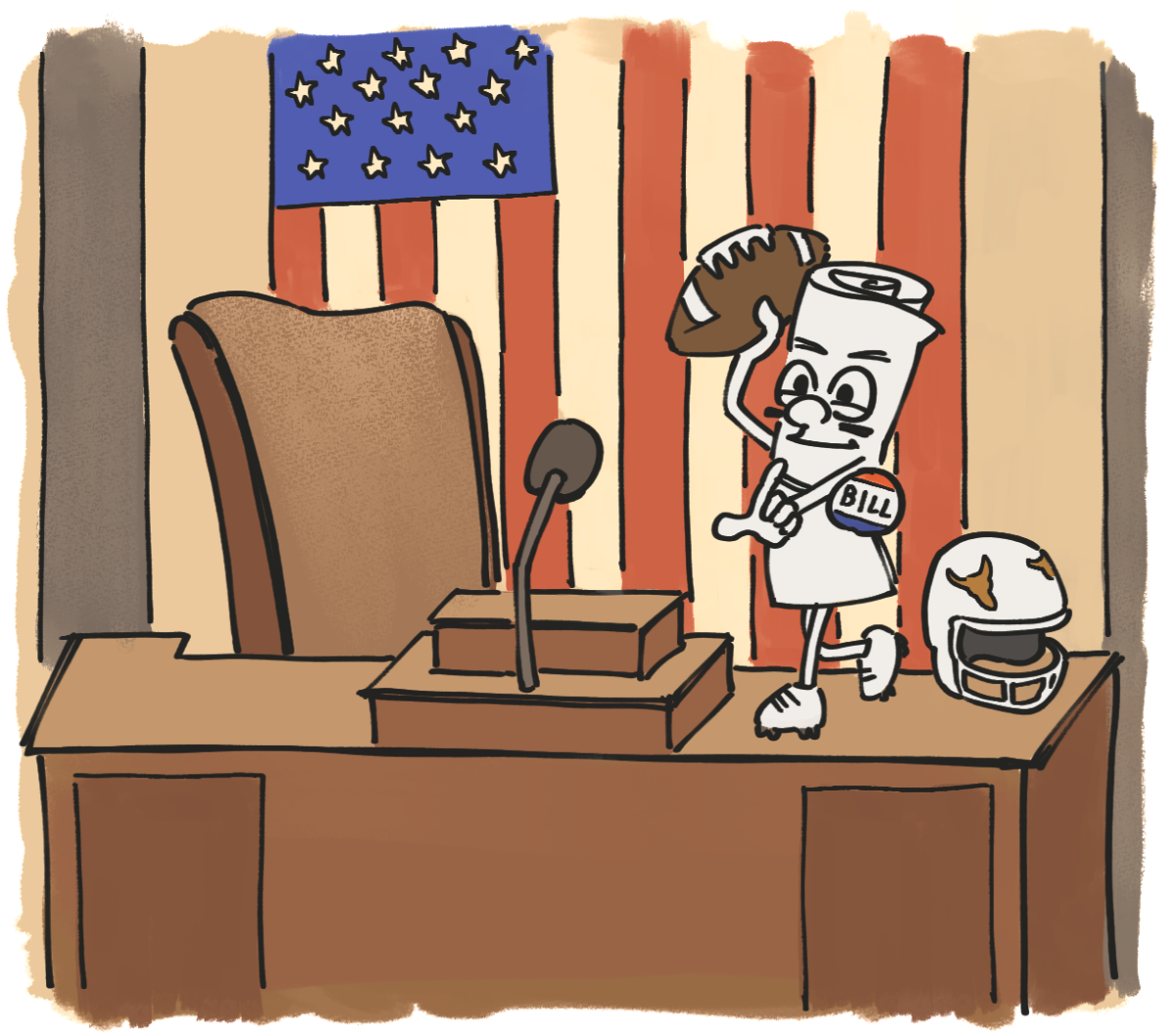After a new plan was advanced in the U.S. House of Representatives in late July, collegiate sports may be about to undergo another change in the way athletes get paid.
Following the historic House v. NCAA decision, which permitted universities to directly give athletes a portion of their marketing and broadcast earnings, the action was taken. Universities now have the authority to provide athletes up to $20.5 million as a result of this verdict, which went into effect on July 1. Citing the need to maintain college athletics’ amateur status, the NCAA regulated athlete compensation for many years.
Joel Lulla, a lawyer and guest lecturer on sports advertising at the Moody School of Communication, said the decision had altered the nature of collegiate athletics from a primarily academic institution to a professional-level competition and undermined the NCAA’s authority to control how colleges compensate players.
According to Lulla, the joke here is that it’s all intended to be college athletics. These days, it has little to do with college and even less to do with graduating and earning a degree.
Congressmen are now attempting to intervene.
The U.S. House committees on Energy and Commerce and Education and Workforce adopted House Resolution 4312, often known as the SCORE Act, which aims to give the NCAA additional authority to control how universities pay players.
The NCAA would no longer be subject to legal limitations that have restricted its authority over college sports payments if the plan is signed into law. According to Lulla, numerous cases by players contesting NCAA regulations they believe to be overly restrictive have been based on these antitrust statutes. If the law is approved, the NCAA has not stated what new limits it would impose, if any.
The plan would mandate that colleges give student athletes greater support in addition to bolstering the NCAA’s regulatory authority. This includes providing health insurance, academic support, and legal assistance for negotiating name, image, and likeness deals.
According to On3Sports, Tim Buckley, the NCAA’s senior vice president of external affairs, stated that the organization is in favor of these clauses. A few minor sports conferences have also expressed their support for the act. UT is part of the Southeastern Conference, which has not offered any comments on the bill.
Attorneys general in states like Tennessee, Florida, and Ohio who have strong athletic departments are opposed to the proposal. Giving the NCAA too much authority, according to the detractors, might result in players being treated unfairly.
In a letter to the House, the attorneys general stated simply that the SCORE Act gives the NCAA too much power. Despite the lack of legislative oversight, the NCAA has continuously exploited its monopoly power as a cartel.
The bill’s ban on athletes being regarded as university workers was also attacked by professional athlete unions such as the Major League Baseball Players Association and the National Football League Players Association, as well as the Democrats in Congress. They said that the bill’s provisions would essentially deprive collegiate athletes of any potential bargaining power by prohibiting them from being regarded as university workers.
According to Lulla, the bill will probably fail in Congress due to criticism. When the House reconvenes from its August recess in September, the bill may pass with solely Republican support, but it would need the backing of Democrats in the U.S. Senate, which Lulla said was extremely improbable.









